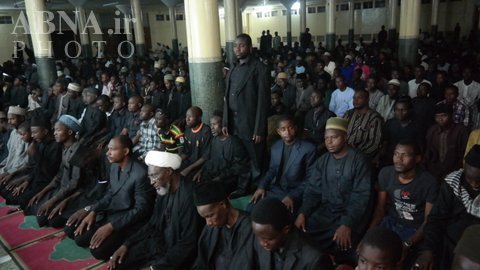Y chromosome linked to cancer risk
Swedish researchers have found that male Y chromosome has a potential role in preventing tumors and death risk in men.
The study shows that the men who lose the Y chromosome in their blood cells due to an age-related phenomenon have a higher risk of cancer and may have shorter life spans.
The findings may explore why the rates of certain cancers are higher in men than women, researchers say.
The study’s researchers from Uppsala University in Sweden analyzed blood samples from more than 1,150 men aged 70 to 84, who were followed for up to 40 years.
The observation revealed that men with significant Y chromosome loss in their blood cells lived an average of 5.5 years less than those who did not experience such a loss.
Study also unveiled that the men who had a significant Y chromosome loss appeared to have a much higher risk of dying from cancer, according to the research report presented at the annual meeting of the American Society of Human Genetics, in San Diego on October 21.
Researchers believe that Y chromosome genes may enable blood cells to help immuno-surveillance, where the immune system detects and kills tumor cells.
“Many people think the Y chromosome only contains genes involved in sex determination and sperm production. In fact, these genes have other important functions, such as possibly playing a role in preventing tumors,” said the study co-author Dr. Jan Dumanski, a professor at Uppsala University in Sweden.
The findings may provide a new method of early detection of cancer risk in men through assessing the state of the Y chromosome via blood tests, suggested Lars Forsberg, the study’s lead author.
FGP/MKA/HRB



























